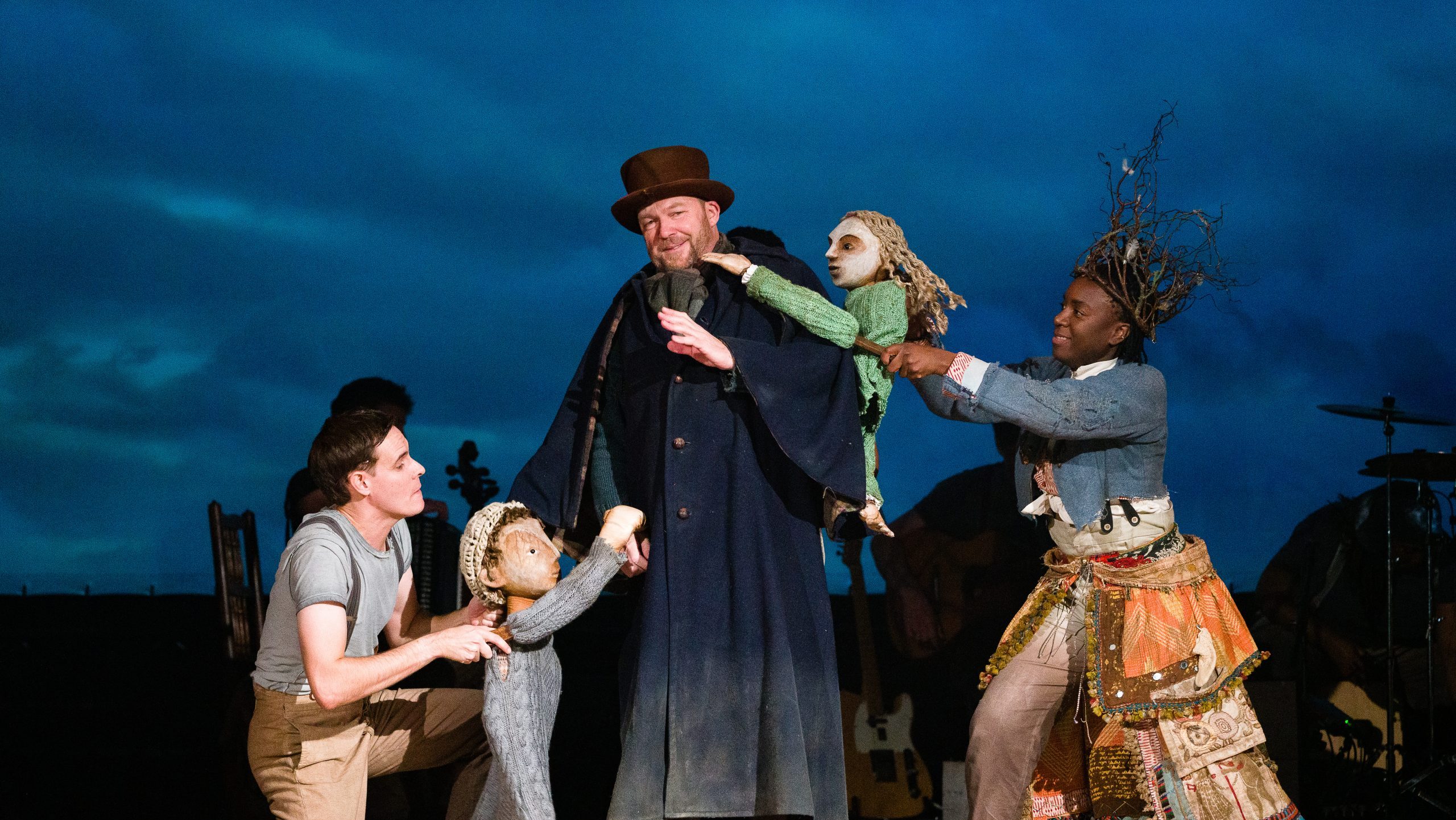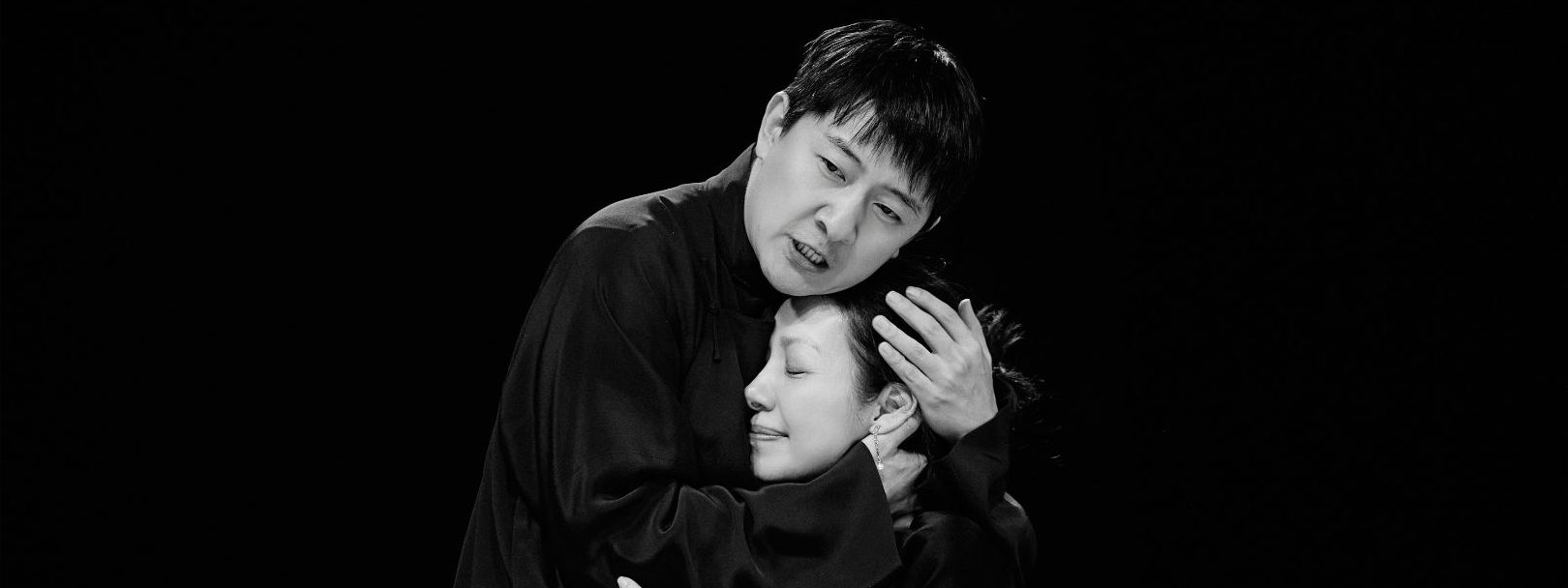Wuthering Heights is seen by many critics as one of the greatest English-language tragedies. This captivating novel was written by visionary British author Emily Brontë from 1845-46 and deals with a protagonist whose obsession with revenge destroys the happiness of three generations. The book faced heavy criticism when it was first published, with detractors describing it as crude and full of morally corrupt characters. However, acclaimed British theatre director Emma Rice saw glimmers of hope and goodness in this ugly portrayal of human nature and has adapted it into a musical of the same name to evoke empathy for the underprivileged.
In her creative notes, Rice nostalgically recalls how, as a child in the 1970s, she accompanied her family on a pilgrimage to the desolate Yorkshire Moors, searching for the abandoned farmhouse named Top Withens that inspired the setting of Wuthering Heights. Not having read the book at the time, she did not feel a strong connection after coming across the ruined stone building.
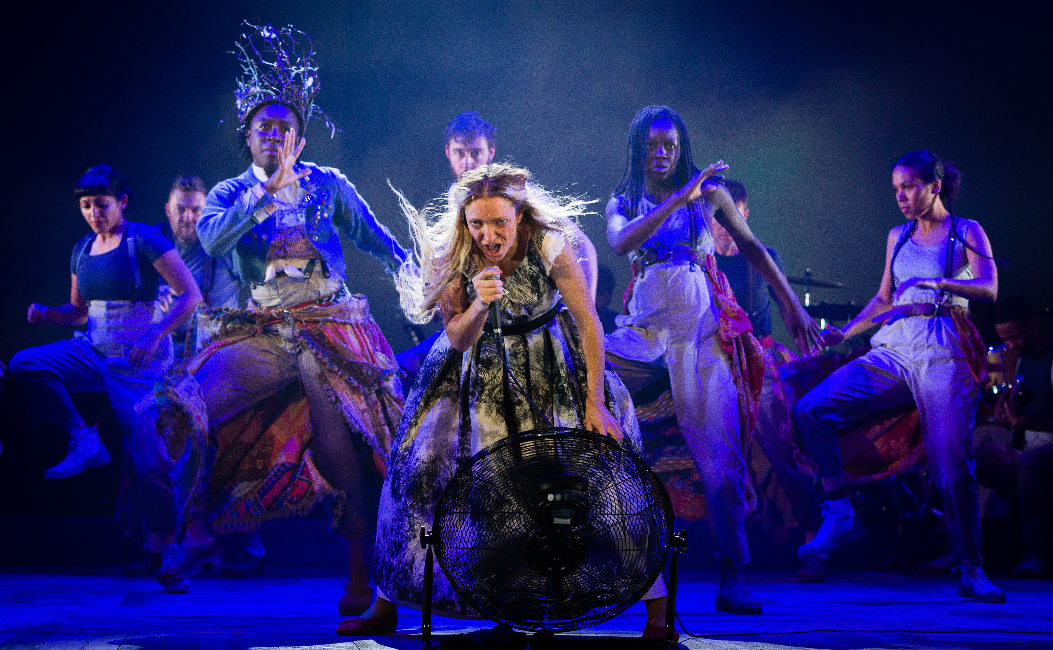
However, when she was 12, the passing of a cherished childhood friend awakened her to the aching fear of death. It was then that she felt "the intoxicating pull" to the world of Wuthering Heights and started identifying with the protagonist Heathcliff, who grew up neglected on the streets and was adopted by the kind-hearted man Earnshaw. Still, he was cruelly bullied by his foster brother and sought to take revenge after his love Catherine married another man. Rice poignantly writes: "In my teenage mind, I was Heathcliff. I was misunderstood, angry and grieving—I wanted people to feel, see and understand my pain. Emily Brontë saw me. She felt death everywhere and understood loss as sharply as I felt my own." Indeed, Brontë also lost multiple family members during her lifetime.
As she matured, the once cynical Rice, nurtured by the art forms of theatre, dance and literature, discovered that the female protagonist Catherine was wrong and that "happiness does exist!" Her passion for Wuthering Heights gradually faded, but then in 2016, when she learned of the plight of refugee children in the Calais camp in France, she was reminded of Heathcliff's traumatic childhood, prompting her to revisit the book. "I saw a story not of romance but of brutality, cruelty and revenge. A tragedy of what might happen if, as individuals as well as a society, we allow cruelty to take hold."
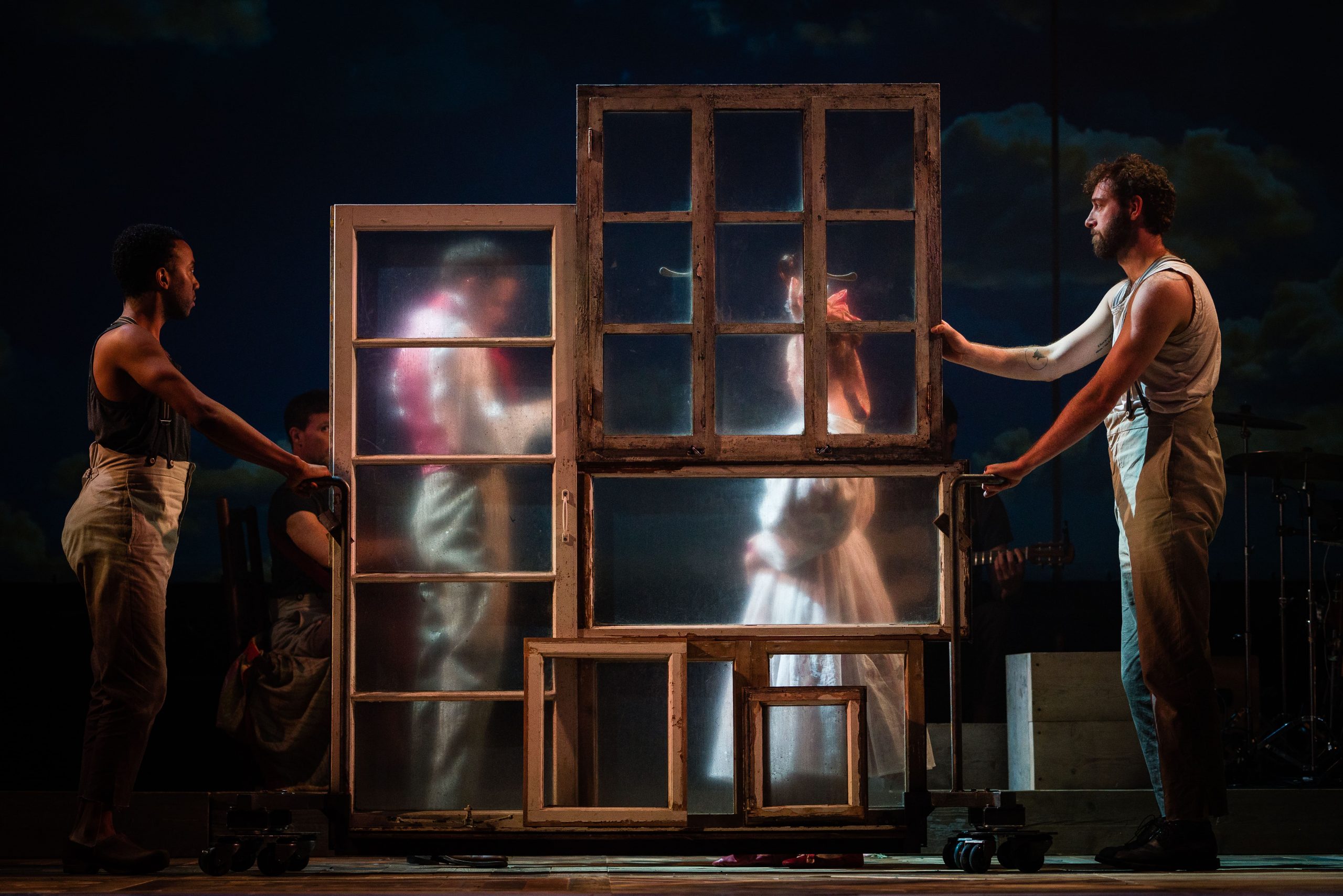
Rice adapted the work into a stage play, performed by her company Wise Children. With powerful live music and choreography, the characters in the production sing and dance with raw intensity. "The characters are superhuman: Catherine, Heathcliff and Hareton, the Gods of Chaos, Revenge and Hope."
Diverging from the original, Rice extracted the narration by the housekeeper Nelly Dean and recast it as the new character named The Moor. This role is played by multiple actors and. as the play adopts the form of a Greek tragedy, The Moor serves as a Greek chorus, conveying the main plot points and relationships between the characters to the audience, and warning the characters against making unwise decisions.
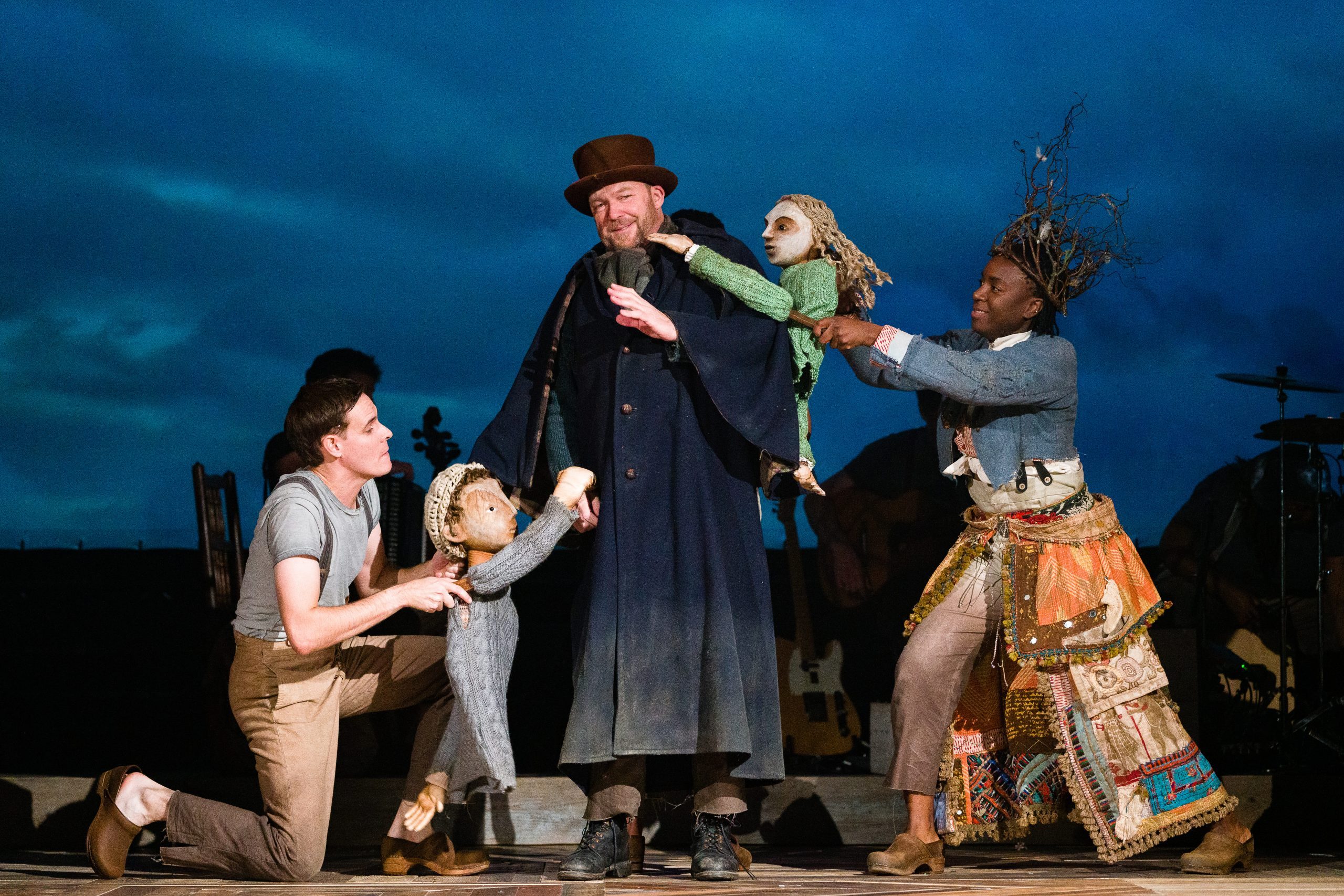
Rice believes that this play, which is centred on the human condition, tells a story full of sorrow, hope, fear and dreams. And she hopes that audience members will note: "This is a revenge tragedy for our time and one that warns how our actions today will affect the world for decades to come."
In the finale of the play, The Moor softly sings: "Home can come in many forms/ Person, place or beast / It soothes the soul and strokes the brow/ Gives rest, for now, at least". And between the lines, Rice is revealing her message that with love, we can all endure even the most arduous circumstances.
Emma Rice—Wuthering Heights
Date: Mar 26-29 2025
Venue: Lyric Theatre, The Hong Kong Academy for Performing Arts


